Republic of Türkiye today (24 July) is proudly celebrating the centennial of the signing of the Lausanne Peace Treaty on July 24, 1923, that laid the groundwork for the foundation of the Republic. In our various past AVİM articles we have drawn attention to the importance of the Lausanne Peace Treaty for the Republic of Türkiye and Turkish history.[1]
The Lausanne Peace Treaty was a significant turning point in Turkish history. The Treaty revealed that the Nationalist Movement led by Mustafa Kemal had the power to abolish the Treaty of Sevres, which the defeated Empire had to sign, and to negotiate a new treaty on its own terms with the victorious Allies. The Treaty demonstrated the feat of establishing an independent and sovereign Turkish state from a collapsed empire. It enabled the allies to recognize this independent and sovereign nation-state and included Turkey as an equal partner in the family of sovereign nations. Mustafa Kemal Atatürk, in his historical speech known as "Nutuk" (The Great Speech) delivered at Ankara in 1927 before the deputies and the representatives of the Republican Party (of which he was the founder and head) qualified the Lausanne Peace Treaty as follows:
"The Treaty of Lausanne is the document that reveals in a decisive manner the failure of a vast plot which had been hatching for centuries against the Turkish nation, a plot which they believed they had carried to success through the Sevres Treaty. It is a political victory which was not matched in the whole of Ottoman Empire."[2]
One must underline that the Lausanne Peace Treaty represents the culmination of a lengthy struggle, beginning with the Declaration of Amasya on June 21-22, 1919, which incorporated Mustafa Kemal's views on the necessity of ensuring Turkey's sovereignty and independence. Nationalist Congresses subsequently endorsed these views in Sivas and Erzurum as the National Pact of Türkiye. There are two basic and essential concepts in this long and challenging struggle: sovereignty and independence. One must further underline that these two concepts form the foundational principles of the Republic of Türkiye.
It should be noted that at the end of World War One, the victorious Allies dictated punitive peace terms to the three great empires they had defeated. In 1920, the Ottoman Empire had to submit to the Treaty of Sèvres. The events of two short years, however, turned the tables, allowing the Turks to tear up Sèvres and negotiate a very different peace. In a sense, Türkiye and the Turks had the last word at the end of the First World War. The following included in the preamble of the Lausanne Peace Treaty:
"Being united in the desire to bring to a final close the state of war which has existed in the East since 1914, Being anxious to re-establish the relations of friends and commerce which are essential to the mutual well-being of their respective peoples, And considering that these relations must be based on respect for the independence and sovereignty of States, Have decided to conclude a Treaty for this purpose..."
A century has passed since the signing of the Lausanne Peace Treaty and it continues to be valid despite the existence of problems that turn into bloody conflicts from time to time in the region. It is noteworthy that this year some groups held rallies against the Treaty in front of the Beau-Rivage Palace Hotel in Geneva, where the Treaty was signed a century ago, demanding the amendment of the Treaty.[3] Such actions are in fact an acknowledgement to the Turkish public of the importance of the Treaty for Türkiye and the need to protect it meticulously. In this context, it is useful to remember the following proverb in Turkish: One misfortune is worth a thousand advice.
*Photograph: https://www.kulturportali.gov.tr
[1] Teoman Ertuğrul Tulun, “Peace Treaty Of Lausanne And The End To Armenian Aspirations,” Center For Eurasian Studies Analysis Series 2016, no. 4 (07 2016): 9, https://doi.org/10.5281/zenodo.3700101; Teoman Ertuğrul Tulun, “The Ninety-Seventh Anniversary Of The Signing Of The Peace Treaty Of Lausanne,” Center For Eurasian Studies Comentary Series 2020, no. 21 (July 21, 2020): 3, https://doi.org/10.31219/osf.io/qs6nv.
[2] Mustafa Kemal Atatürk, Nutuk: A Speech Delivered by Mustafa Kemal Atatürk, 1927 (Ministry of Education Print. Plant, 1963), 634.
© 2009-2025 Center for Eurasian Studies (AVİM) All Rights Reserved
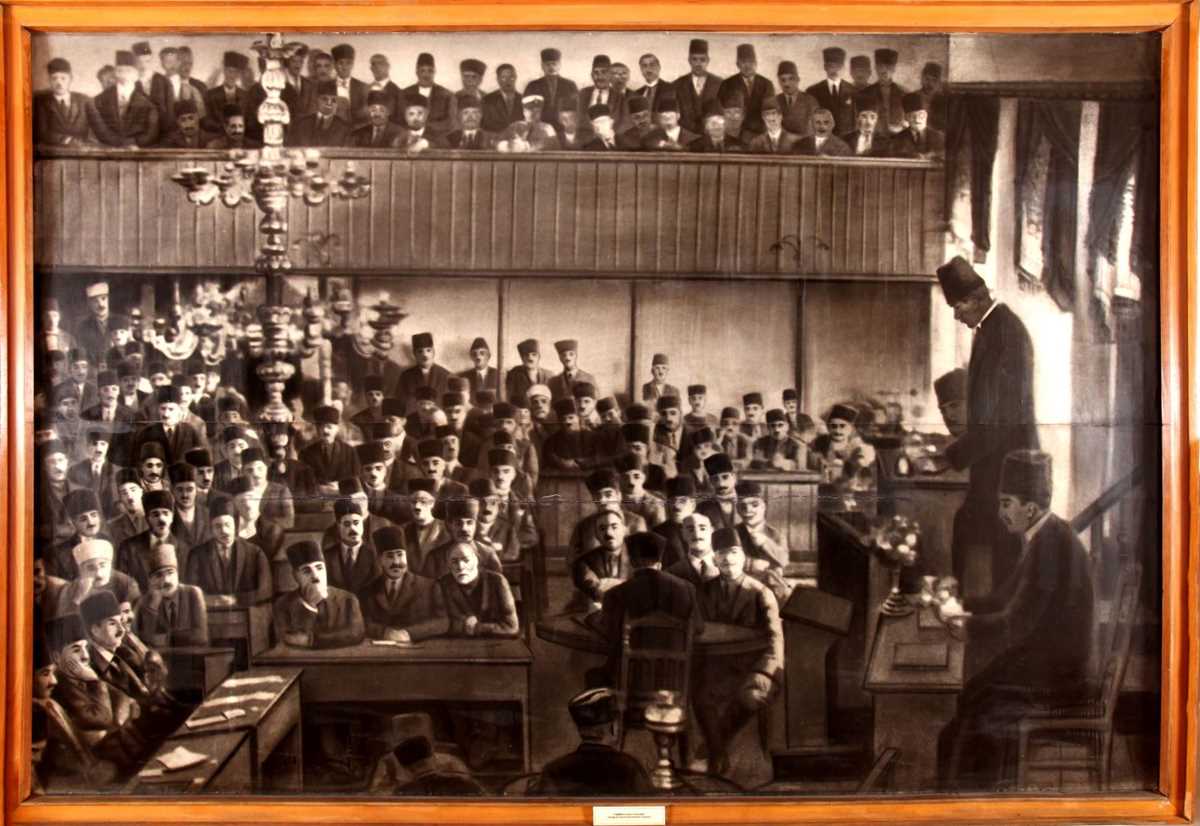
 FUNCTIONAL COOPERATION VS EU’S COERCIVE FRAMEWORKS IN THE BLACK SEA BASIN
FUNCTIONAL COOPERATION VS EU’S COERCIVE FRAMEWORKS IN THE BLACK SEA BASIN
 GREECE’S “CHERRY-PICKING” POLICY IN INVOKING THE RULES OF INTERNATIONAL LAW
GREECE’S “CHERRY-PICKING” POLICY IN INVOKING THE RULES OF INTERNATIONAL LAW
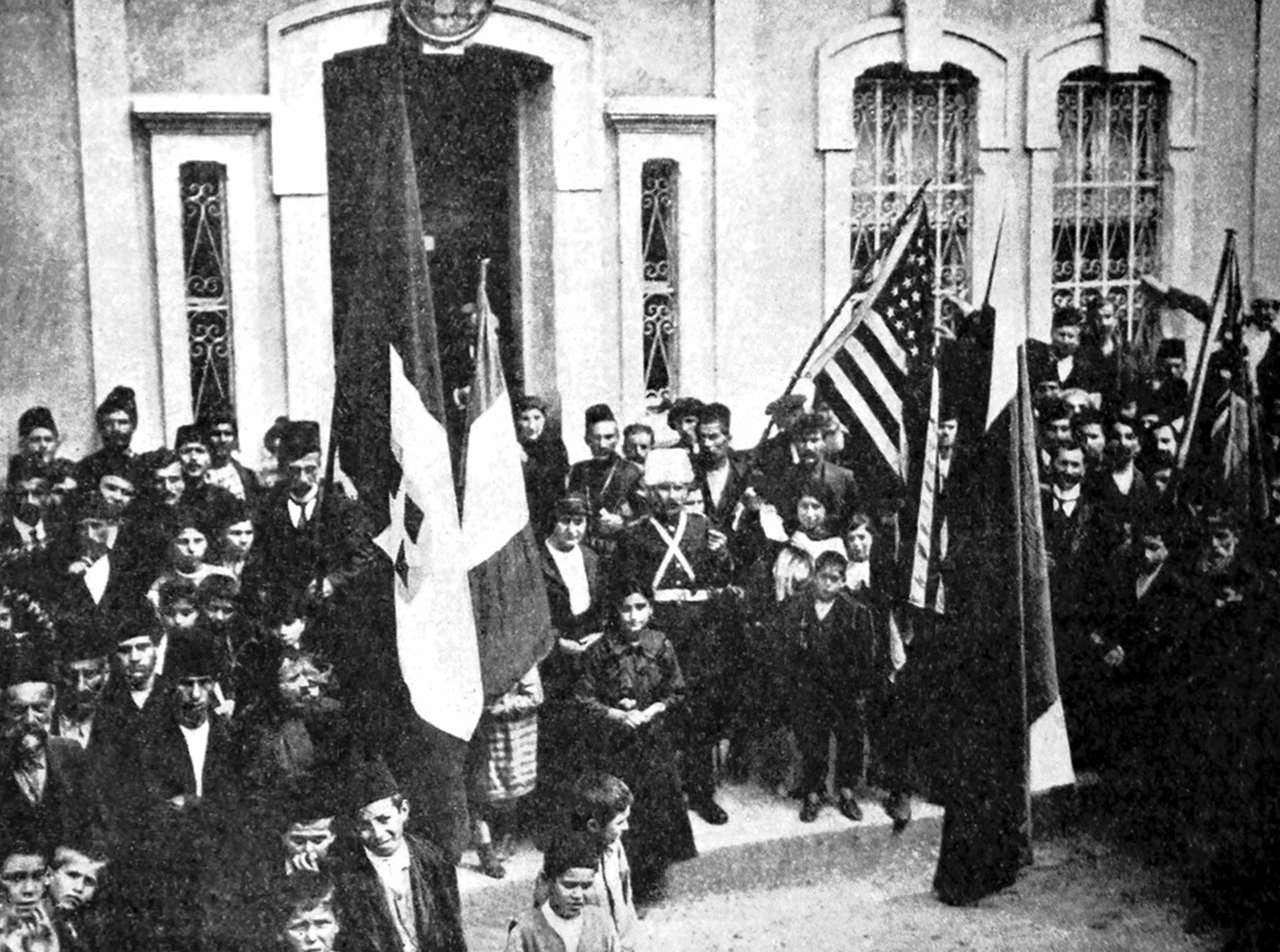 19 MAY AND PONTUS STORIES
19 MAY AND PONTUS STORIES
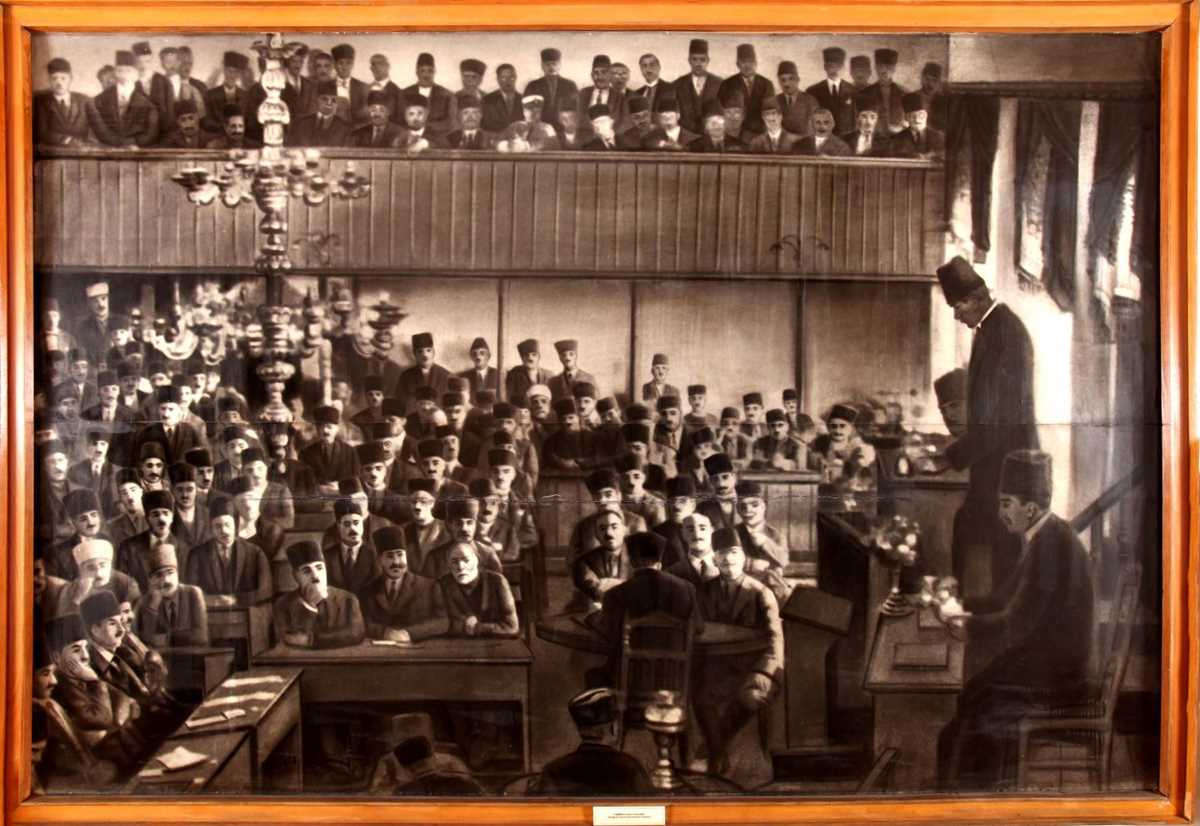 THE NINETY-SEVENTH ANNIVERSARY OF THE SIGNING OF THE PEACE TREATY OF LAUSANNE
THE NINETY-SEVENTH ANNIVERSARY OF THE SIGNING OF THE PEACE TREATY OF LAUSANNE
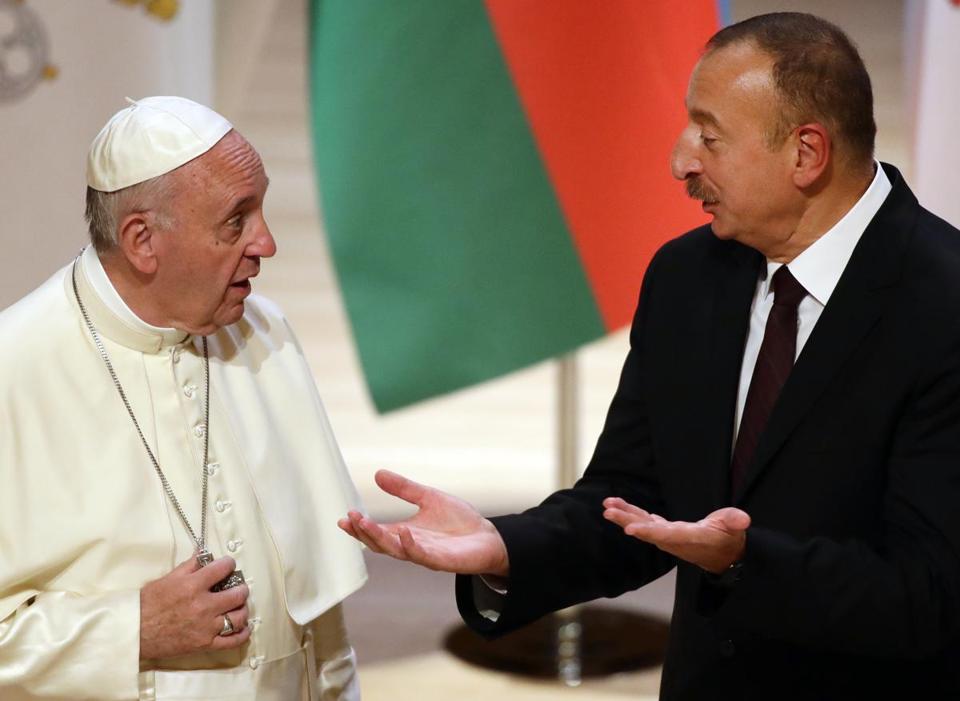 POPE FRANCIS IN AZERBAIJAN
POPE FRANCIS IN AZERBAIJAN
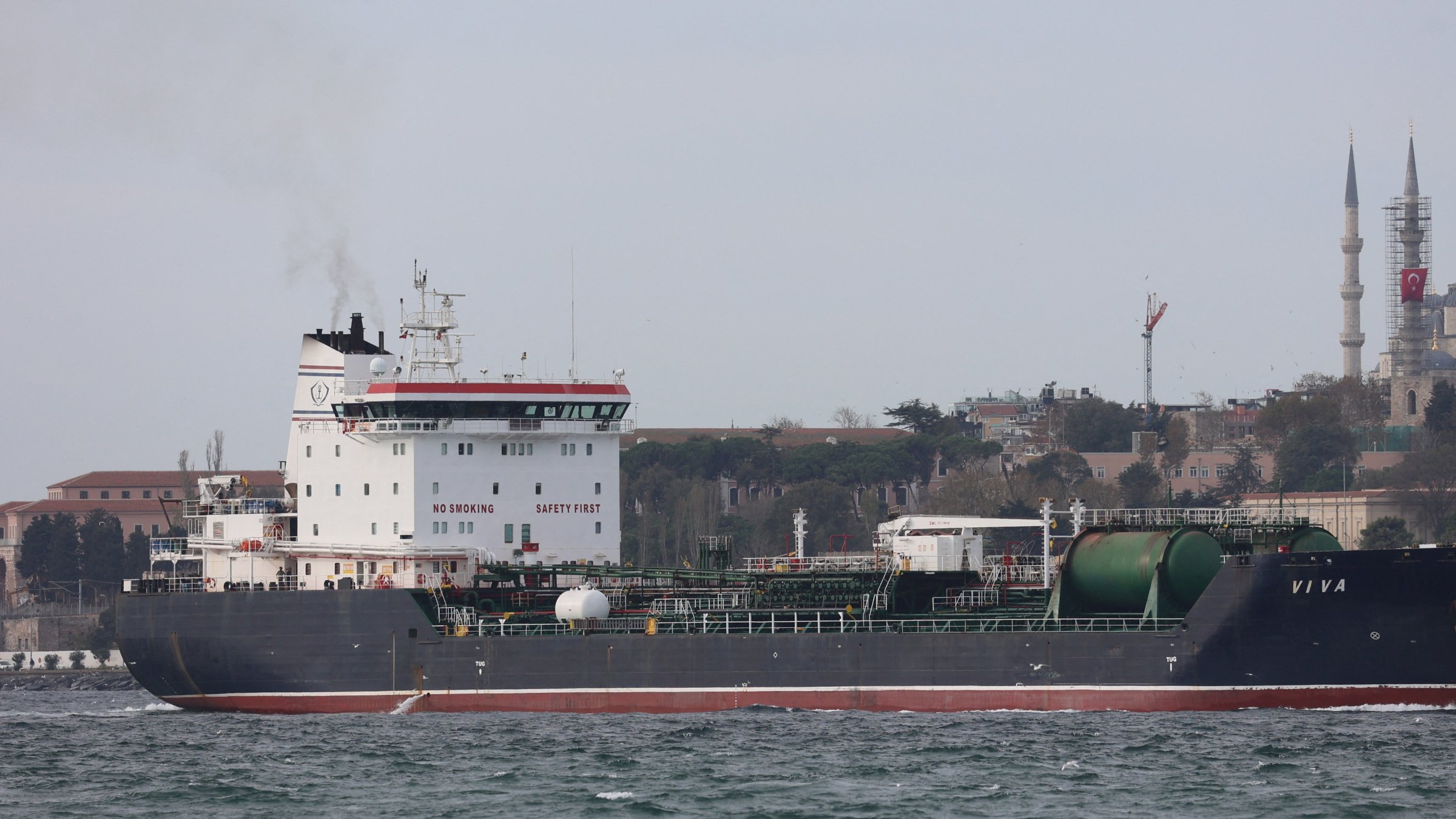 GUARDIANSHIP UNDER PRESSURE: DRONE ESCALATION, RUSSIAN MILITARIZATION, AND TÜRKIYE’S LEGAL ORDER IN THE BLACK SEA
GUARDIANSHIP UNDER PRESSURE: DRONE ESCALATION, RUSSIAN MILITARIZATION, AND TÜRKIYE’S LEGAL ORDER IN THE BLACK SEA
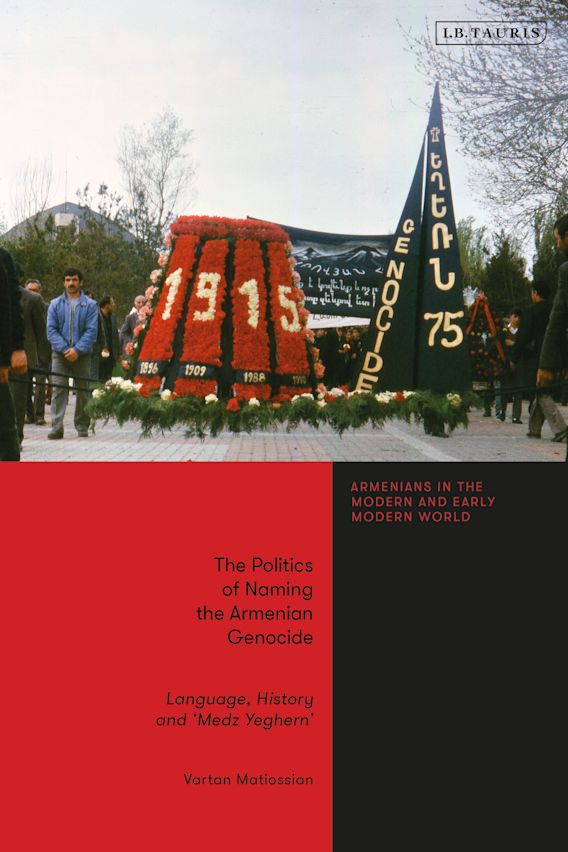 THE POLITICS OF NAMING THE 1915 EVENTS
THE POLITICS OF NAMING THE 1915 EVENTS
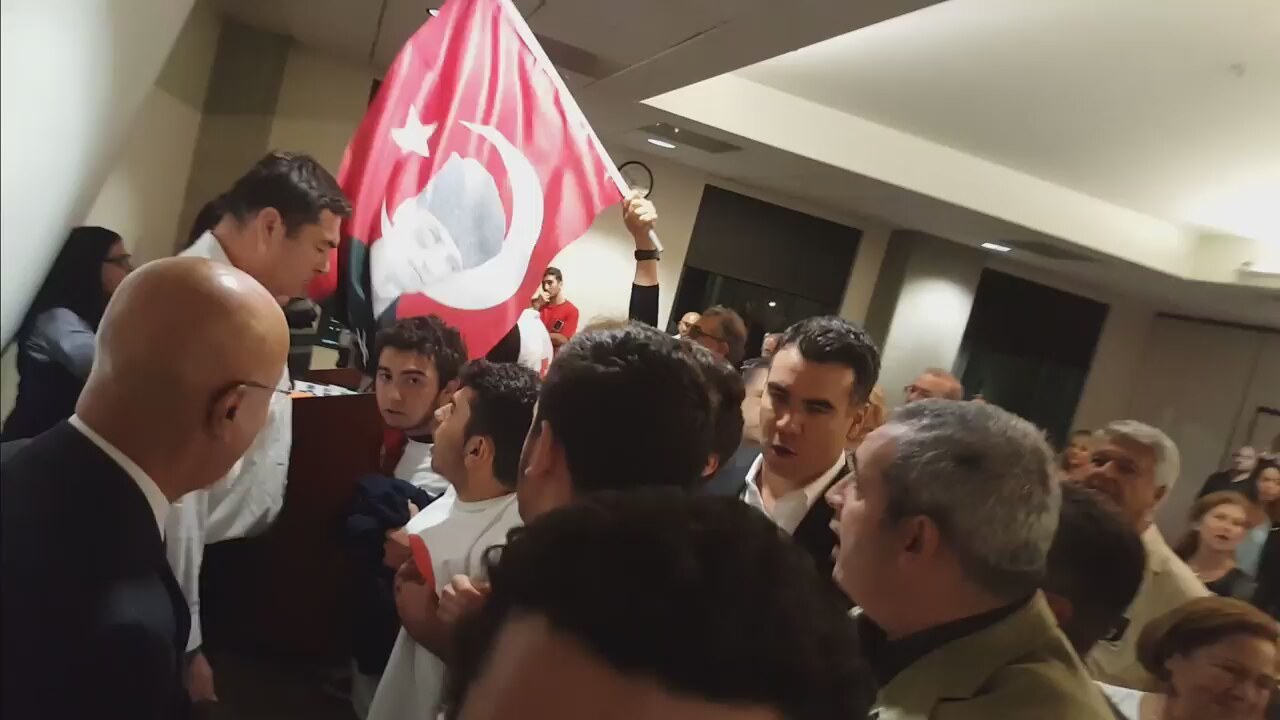 LESSONS TO BE LEARNED FROM THE 10 NOVEMBER EVENTS IN CALIFORNIA
LESSONS TO BE LEARNED FROM THE 10 NOVEMBER EVENTS IN CALIFORNIA




























